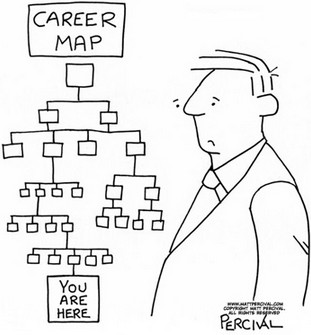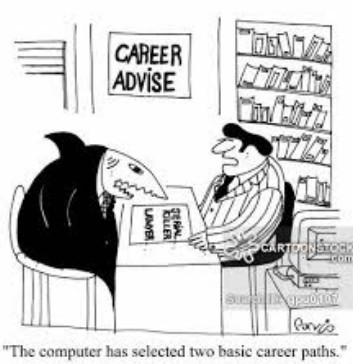I was recently speaking with a friend about majors and careers. She was feeling a little down because she was worried that what she might end up doing won’t actually relate to her major. She’s not sure that the typical path for her major is the one for her but at the same time she is not sure what she wants to do besides that. Is the time that she is spending on this major going to be worth it? After all, we’re spending quite a bit of money to be educated at Scripps. No matter what kind of background you come from, there are still people back home that are counting on you to make the most of your time here. People have hopes, dreams, and expectations for you. And that can be a huge burden at times.
When I first decided to be a Media Studies and Theater double major, I wondered if it would really be a good use of my time. I didn’t know what I ultimately wanted to do after college. I felt that I got a lot of strange looks from people for doing the “easy major”, and I wondered if I should have done something more intense like STEM or other social sciences. Now people don’t question it as much because there is still a direct correlation to what I want to do after college. I have come to terms and strongly believe that the arts isn’t necessarily easier, it just takes a different skill set. And although the above is a gross oversimplification of the conversation I had with my friend it did make me think a lot about the pressures others put on us about majors and careers, but more importantly the pressures we put on ourselves.
Because of my internship experiences this summer, I am extremely passionate about perusing a career in the arts and entertainment but it really made me remember that not everyone has found what they want their trajectory to be just yet. And that’s ok. Maybe it’s my mislaid optimism but for the sake of sanity I have to believe that every step on the journey is going to mean something. You’re going to learn something from everything experience, good or bad. Because even if you look back and maybe feel some time was “wasted” along the way, you might never have gotten to where you are now without that winding road. Keep rocking, you’re awesome!







